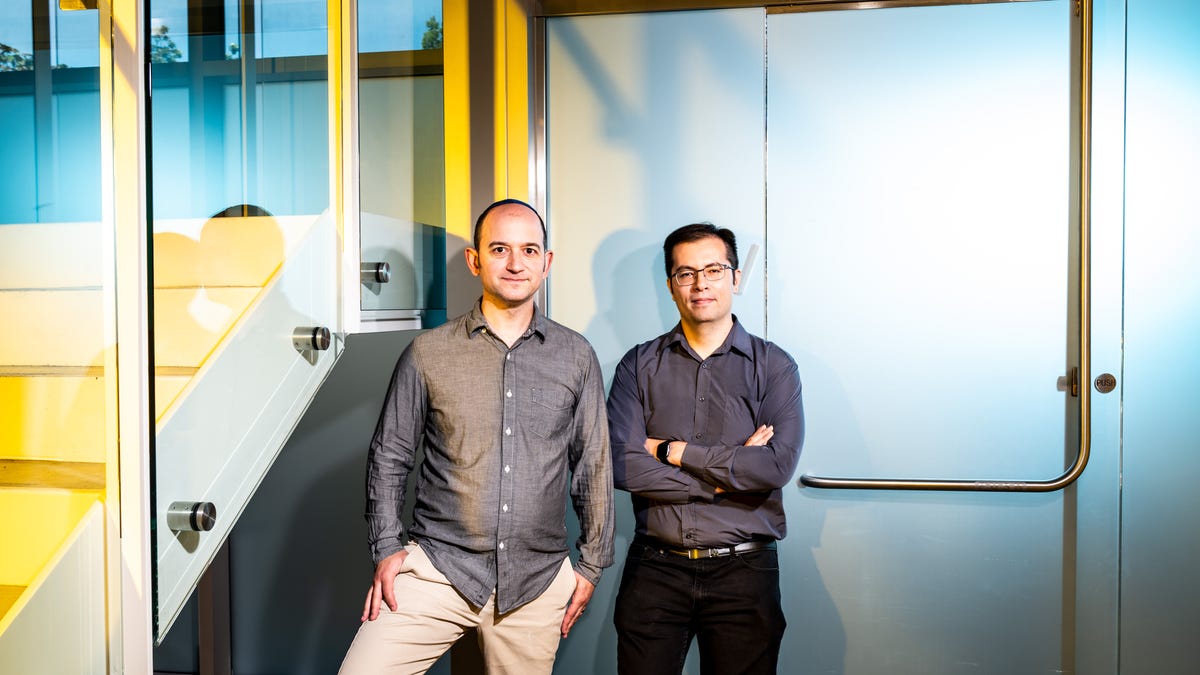In This Story
Google (GOOGL) has reportedly paid $2.7 billion to acquire a chatbot that allows you to talk to AI versions of celebrities. The whopping sum, however, also brings in the company’s top employees — including a former Googler.
Noam Shazeer left Google in 2021 after the tech giant declined to release the chatbot he had developed. Now, he will help lead its AI initiative Gemini.
Insiders at Google told the Wall Street Journal that while Google officially paid around nearly three billion dollars for the company, Character.AI, its reunion with Shazeer and his top brass was the greatest contributing factor to the final price tag.
As of August, Character.AI had raised about $150 million and its last known valuation was around $1 billion.
“I am so proud of everything we built at Character.AI over the last 3 years,” Shazeer wrote in a statement to TechCrunch. “I am confident that the funds from the non-exclusive Google licensing agreement, together with the incredible Character.AI team, positions Character.AI for continued success in the future.”
The chatbot founded in 2022 allows you to talk to AI versions of famous people such as Elon Musk, as well as fictional personalities. Users can choose various roles and tones and even get practical advice.
The platform has largely attracted users aged 18 to 24, who make up 56% of the website traffic, according to SimilarWeb (SMWB), a data intelligence platform. Early versions included language tutors and coding instructors, followed by a subscription-based model for faster response times and more pre-trained models.
The platform, however, quickly became an outlet for romantic role-play. According to Time, many of the 18 million characters created on Character.AI are a mix of “absurdist, racy, or explicitly sexual.”
Despite the potential pitfalls of chatbots, Google executives have plans to spend $12 billion every quarter this year to stay ahead of the AI curve.
Much of that spending is on startups founded by former Google employees — like Shazeer’s — a process known as a ‘reverse acqui-hire.’ The process allows big companies to license the technology of smaller companies and hire some of their staff, without going through a full acquisition.
In March, Microsoft (MSFT) paid $650 million in cash to strike a deal with Inflection, an OpenAI rival, that gave it access to the startup’s models and most of its employees. That deal has since come under scrutiny by the Federal Trade Commission.
Tech expert Scott Galloway said on his and tech journalist Kara Swisher’s podcast Pivot in June that Microsoft took took the “heart and lungs” of the company. Swisher added: “There’s gonna be lawsuits in the AI area… And there should be.”

